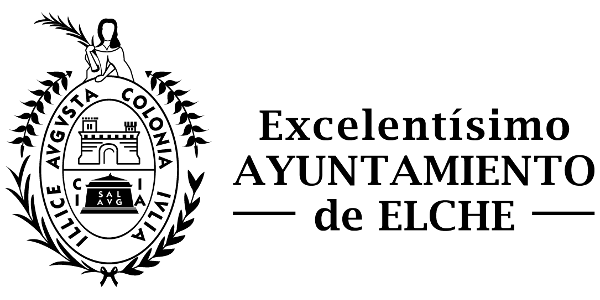Speaker

INMACULADA MONTOYA CASTILLA
UNIVERSITY OF VALENCIA. SPAIN
Inmaculada Montoya Castilla is a Professor in the Department of Personality, Assessment, and Psychological Treatments at the University of Valencia. She is currently the Director of the Master’s degree program in “Psychotherapy and Clinical Psychology: Current Intervention Strategies” at the University of Valencia. She teaches in the Psychology degree program and in various master’s programs. She is the director of the research group “Educating in Emotions in Childhood and Adolescence” (EMINA group); treasurer of the Scientific Society for the Advancement of Clinical Psychology and Child and Adolescent Health (Infancy Network); and a member of the Network of Universities for Childhood and Adolescence (RUIA).
Her research focuses on emotional competencies, childhood, adolescence, family, and educators. She participates as a principal investigator and as a member of the research team in various projects funded by public and private entities. In these projects, she has published various papers on parenting styles and child health, parent training for conflict resolution, emotional competencies in childhood, and emotional development in adolescence. As a result, she is a co-author of the PREDEMA Program. Emotional education program for adolescents. From emotion to meaning (2016) and the MADEMO Program. Emotional education manual for teachers (2021), both books published by Pirámide Publishing House. She is currently the principal investigator of an R&D&I Project, “Intervention through an intelligent technological platform for socio-emotional development and well-being promotion: validation and implementation of a serious game,” funded by the Ministry of Science and Innovation (PID2020-114425RB-C21).
In the health area, she researches the psychological consequences of chronic illness on pediatric patients and their families, specifically in type I diabetes mellitus and respiratory disease.
All this research has resulted in various articles in national and international scientific journals, books aimed at teaching, as well as books and chapters on research results and contributions to national and international congresses.
What comes after adolescence? The quarter-life crisis: challenges and strengths in youth

The developmental stage between 18 and 29 years of age is referred to as “emerging adulthood.” While this stage offers opportunities for experimentation, it can also be a period of instability and a feeling of being stuck between adolescence and adulthood, potentially negatively impacting well-being. The “quarter-life crisis” is a term used to describe a period of uncertainty and distress that some individuals experience around their 20s, which can also negatively affect their well-being.
The objective of this symposium is to explore in-depth the complexities and opportunities inherent in emerging adulthood, recognizing its impact on well-being and mental health.
In analyzing this stage of emerging adulthood, it is crucial to consider a variety of factors that can influence mental health, such as personal aspects, family dynamics, and educational environments, to establish effective action proposals. The specific case of the impact that family variables can have on emotional intake in young people is addressed.
When it comes to well-being in emerging adulthood, it is crucial to identify protective factors. Three key elements are examined: self-esteem, optimism, and emotional regulation. The need to establish intervention measures during emerging adulthood to promote positive development and help individuals effectively cope with challenges, improving their well-being and promoting mental health, is debated. Developing emotional regulation skills can be a good strength to cope with the difficulties of this stage.










